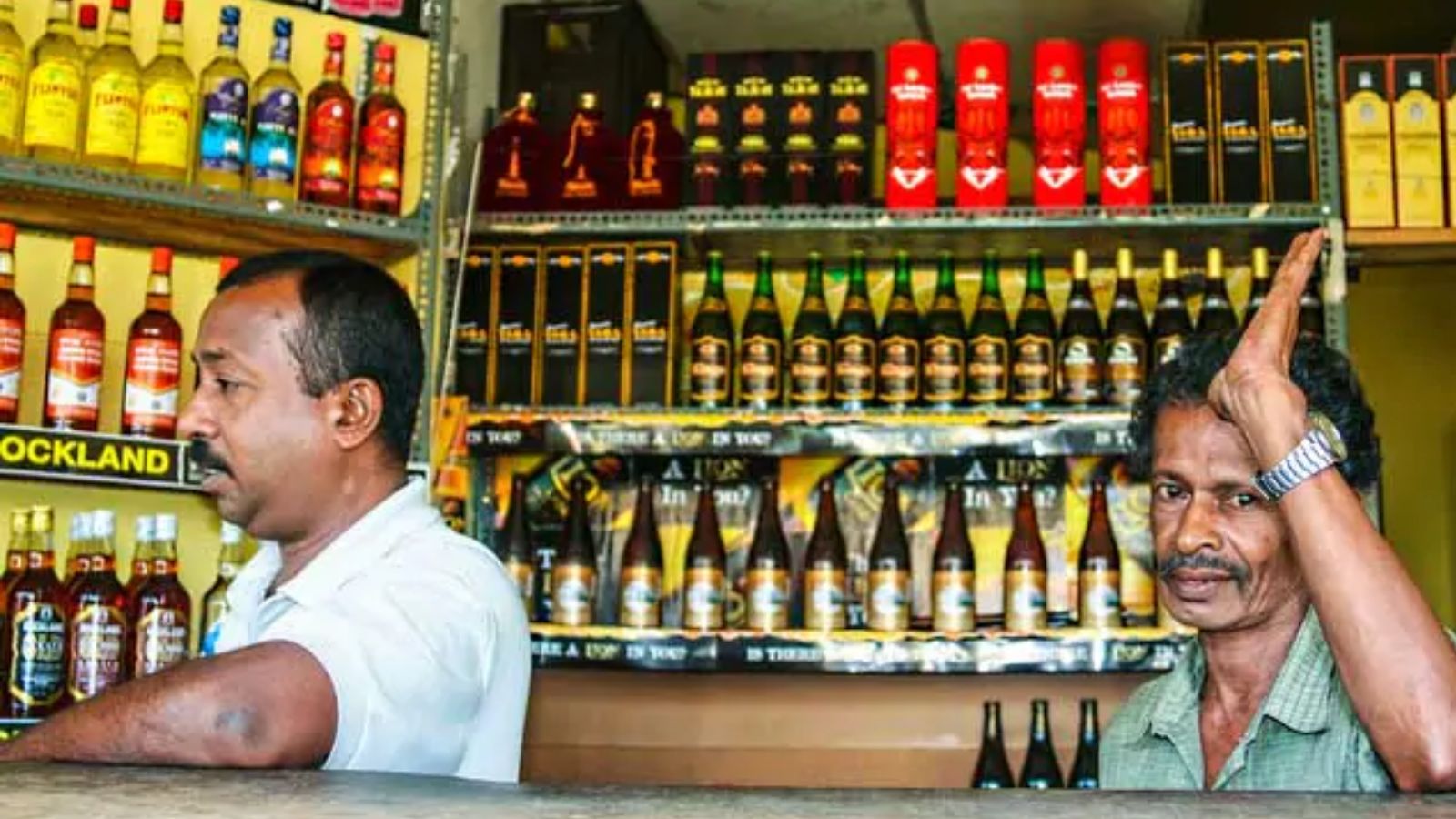In a bold move, Karnataka Chief Minister Siddaramaiah has suggested utilizing revenue generated from the sale of alcohol to fund guarantee schemes in the state. The proposal aims to explore alternative sources of funding to support social welfare initiatives, despite the criticism it has drawn from various quarters.
Siddaramaiah, who has been advocating for welfare measures and social security programs, believes that utilizing alcohol revenue can help generate significant funds to support guarantee schemes for various sections of society. The proposal suggests redirecting a portion of the revenue generated from alcohol sales to finance these initiatives.
While the proposal has sparked a debate, with some questioning the ethics of using alcohol revenue for social welfare, Siddaramaiah argues that it is a pragmatic approach to secure additional funds for guarantee schemes. He emphasizes the need to explore all viable options to support welfare programs and ensure the well-being of the people.
The proposal comes at a time when governments are grappling with the economic challenges posed by the COVID-19 pandemic. Siddaramaiah’s idea to tap into the revenue from alcohol sales to fund guarantee schemes demonstrates a creative approach to address funding gaps and provide support to those in need.
However, critics argue that reliance on alcohol revenue may not be a sustainable long-term solution. They raise concerns about the potential social and health implications associated with promoting alcohol consumption as a means of generating revenue.
As the proposal continues to generate discussions and debates, it highlights the importance of finding innovative ways to finance social welfare initiatives. It also underscores the need for a balanced approach that considers ethical concerns, public health, and the overall impact on society.
The suggestion made by Siddaramaiah has opened up a larger conversation about exploring alternative sources of funding and reevaluating existing revenue streams to support social welfare programs. The discussions surrounding this proposal have the potential to shape future policies and funding strategies in the state.
While the proposal is currently under scrutiny, it is a testament to the proactive approach taken by Siddaramaiah to address the funding challenges faced by guarantee schemes. It serves as a call to policymakers to explore diverse avenues for generating revenue and allocate resources effectively to ensure the success and sustainability of social welfare initiatives.
As the discussions unfold, it will be interesting to observe the response from policymakers, experts, and the public regarding the feasibility and viability of utilizing alcohol revenue for guarantee schemes. The outcome of these deliberations will play a crucial role in determining the future of social welfare funding in Karnataka and potentially influence similar discussions in other states as well.










